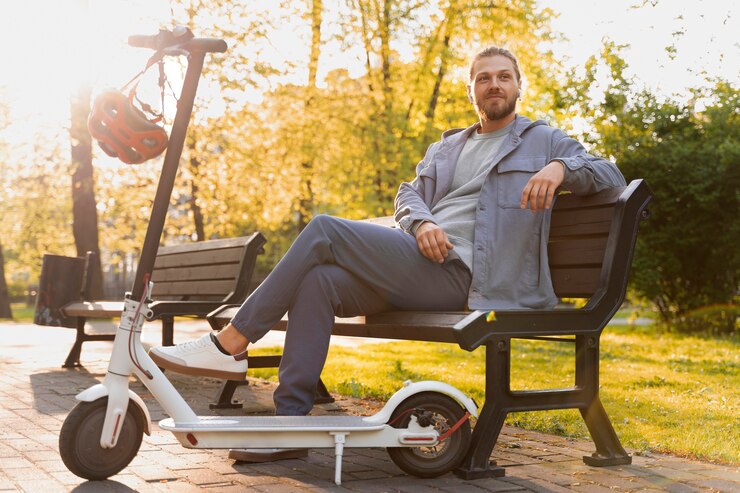
Mobility plays a crucial role in maintaining independence and quality of life, especially for individuals with physical disabilities or mobility challenges. Selecting the right wheelchair can make a world of difference in daily activities, comfort, and personal well-being. While many options are available, a Custom Wheelchair is often the most effective solution for addressing unique physical needs, preferences, and lifestyle requirements.
In this guide, we’ll explore why customization matters, the various types of wheelchairs, how to choose the best model, and what to consider when purchasing or upgrading. Whether you need a chair for occasional use or everyday functionality, understanding your options will help you make a confident and informed decision.
Why Go Custom? The Value of Personalization
A custom wheelchair is not just about comfort; it’s about functionality, health, and overall life satisfaction. Unlike standard models, a custom chair is tailored to an individual’s body shape, mobility level, and environmental needs.
Key Benefits of Customization:
- Improved Posture and Comfort: Proper seat sizing, back support, and cushioning reduce the risk of pressure sores and muscular strain.
- Enhanced Mobility: Tailored configurations improve maneuverability indoors and outdoors.
- Better Health Outcomes: A well-fitted chair reduces the chances of joint pain, spinal misalignment, and secondary health issues.
For example, someone with spinal cord injuries may need advanced seating systems or tilt functionalities that a generic wheelchair simply can’t provide. That’s where customization truly shines.
Types of Custom Wheelchairs
Understanding the different categories of wheelchairs will help you better identify what works for your needs. Here are the main types:
1. Manual Wheelchairs
These require physical effort to propel and are best suited for users with upper body strength. Customizations may include:
- Ultra-lightweight frames
- Ergonomic hand rims
- Adjustable seat heights
2. Power Wheelchair
These are motorized and ideal for individuals with limited upper body mobility. Common customization features include:
- Joystick or chin control
- Reclining and tilt-in-space functions
- Advanced suspension for rough terrain
Power wheelchairs are especially helpful for users who need to cover long distances or who spend most of their day in the chair. Their programmable features offer both independence and convenience.
3. Pediatric Wheelchairs
Designed for children, these chairs are customizable in terms of growth adjustments, vibrant colors, and positioning aids. Safety and adaptability are key in pediatric models.
4. Sports Wheelchairs
Built for speed and agility, these are tailored for athletic performance. Wheel camber, seat angles, and ultra-light materials help users compete in sports like basketball, racing, or tennis.

What to Consider When Choosing a Custom Wheelchair
Choosing a wheelchair is more than picking a design. Here are some important aspects to consider:
A. Lifestyle Requirements
Are you indoors most of the time, or do you enjoy outdoor adventures? Customization should reflect your daily environment—whether it’s navigating narrow hallways or uneven farm terrain.
B. Body Measurements and Physical Needs
Accurate body measurements are essential for creating a supportive, comfortable wheelchair. This includes seat width, depth, height, backrest length, and footrest placement.
C. Weight Capacity and Frame Material
Lightweight materials like titanium or carbon fiber can increase mobility without compromising strength. Ensure the chair supports your weight without being too bulky to transport.
D. Accessories and Features
From oxygen tank holders to cup holders and USB charging ports, custom features enhance the daily experience. Tilt and recline features can also help in pressure relief and better circulation.
Cost and Insurance Considerations
While custom wheelchairs are often more expensive than standard ones, they are a worthy investment in long-term health and comfort. Many insurance providers cover part or all of the cost if there is a medical necessity. It’s crucial to:
- Get a prescription and letter of medical necessity from your doctor.
- Work with a certified ATP (Assistive Technology Professional) for assessment.
- Research grants or charitable programs for financial assistance.
Final Thoughts
Choosing a custom wheelchair is not just a medical decision—it’s a lifestyle decision. From boosting mobility and comfort to improving your long-term health, the right chair can redefine how you experience the world. With so many options for customization, you no longer have to settle for something that doesn’t suit your unique needs.














